8. Meiji of Japan
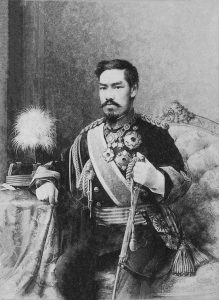
Early in the reign of Emperor Meiji, Japan’s government was focused on modernizing the country’s economy. The prestigious wealth of Japan was primarily agricultural, with only 20 percent of its land reliable for harvesting crops and valuable exports like tea and silk.
The “Meiji Restoration Renewal” was a process of events that led to amazing changes in Japan’s political and social structure. It occurred during the beginning of the Meiji Era. The restoration was a direct response to the opening of Japan to Western trade by the arrival of the United States Navy. Emperor King Meiji distributed his extravagant wealth effectively. He freed farmers from restrictions on land use, allowing them to grow whatever they wanted, and granted people the right to buy and sell land.
7. Augustus
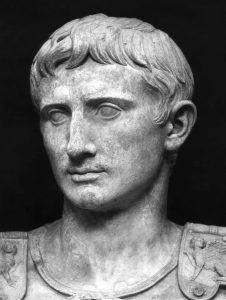
After the fall of the infamous royals known as Marc Antony and Cleopatra, Augustus arrived as the unquestionable ruler of the Roman World. This powerful position was briefly attained by his great-uncle Julius Caesar, but Augustus had to prove his worth and ultimately become a victorious ruler.
Augustus found himself holding immense political and economic power in the middle his reign. Rome’s success depended not merely on the politics but economic reform as well. With creativity, determination and action Augustus was forced to make decisions for a nation in turmoil. This was accomplished by the creation of a massive supplemental formation of extravagant troops, intelligence and his supreme riches.



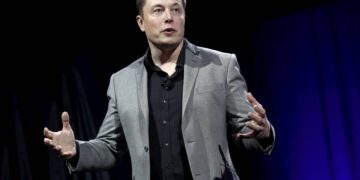


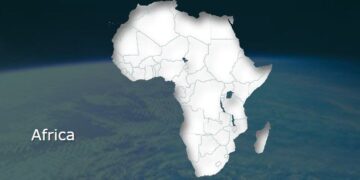




















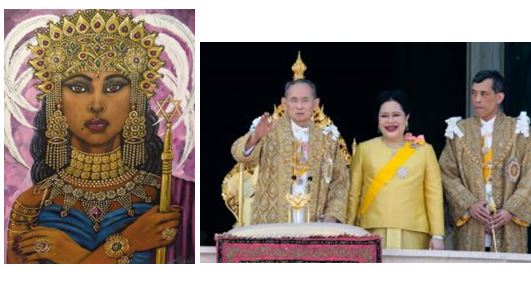









Discussion about this post